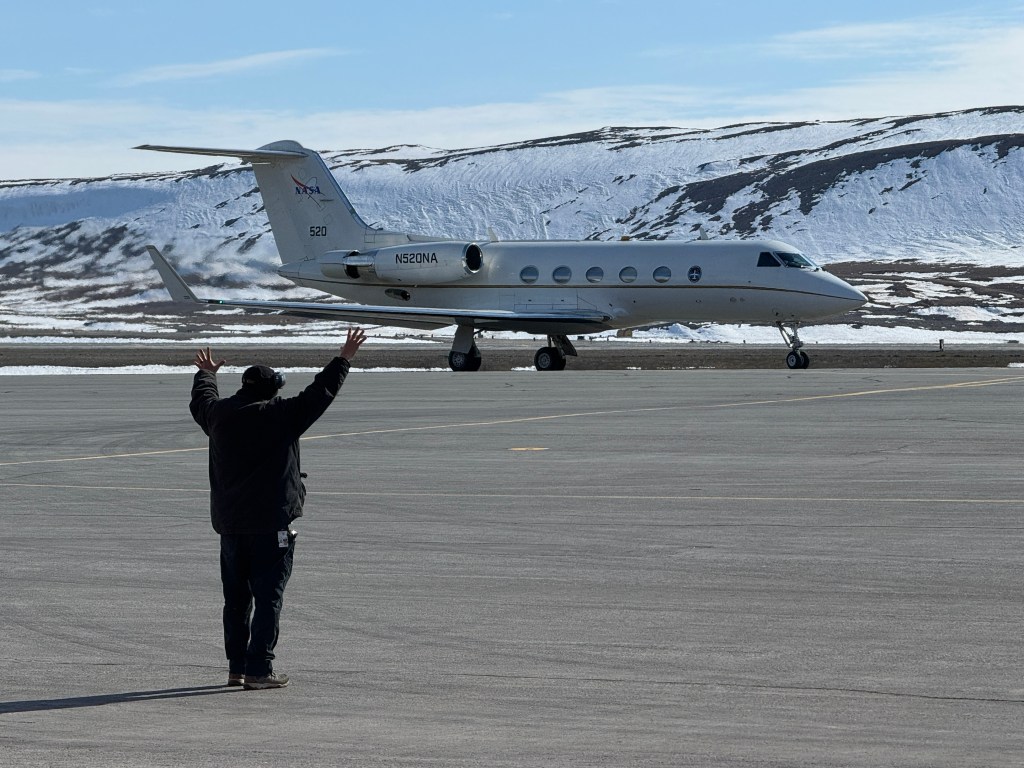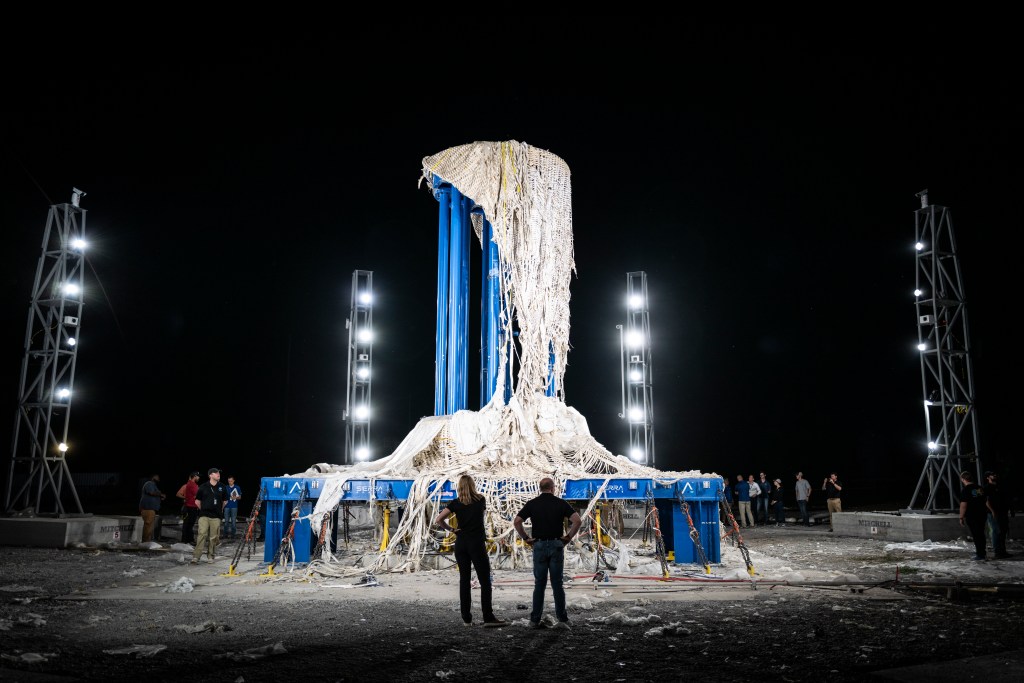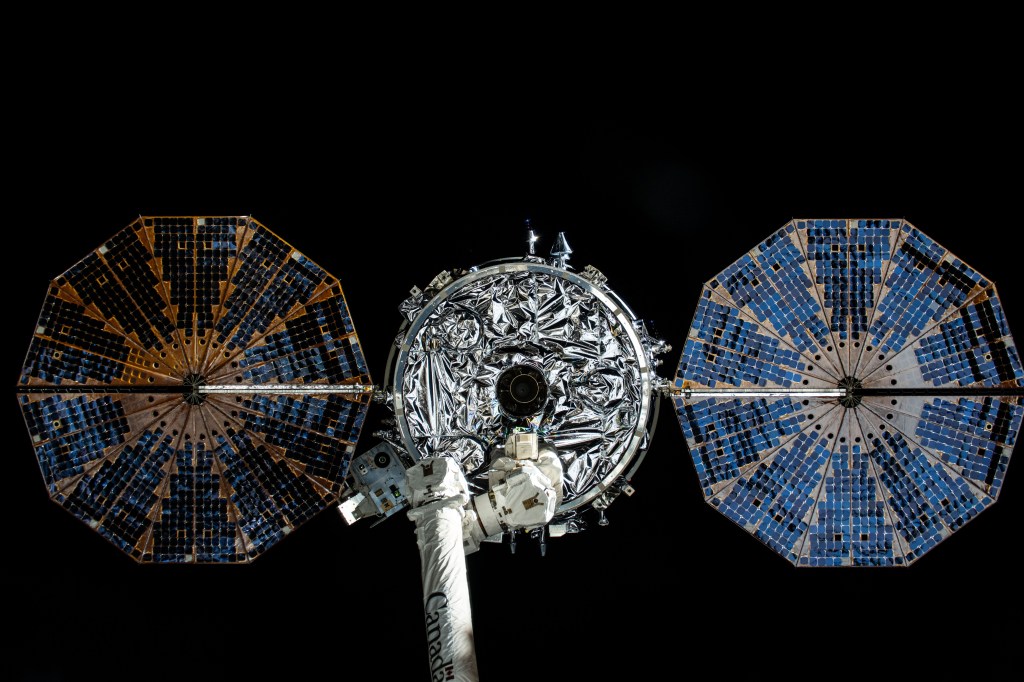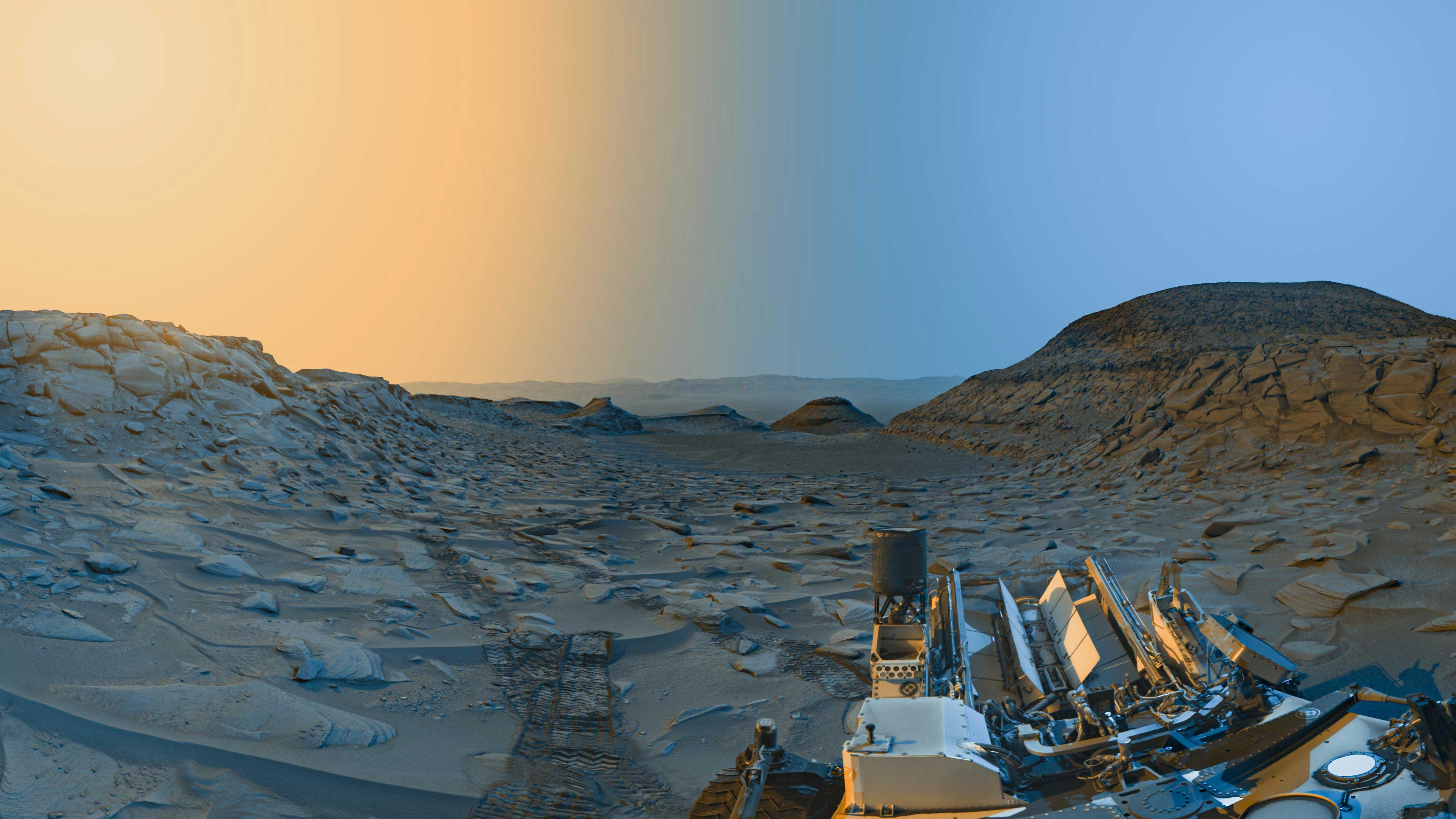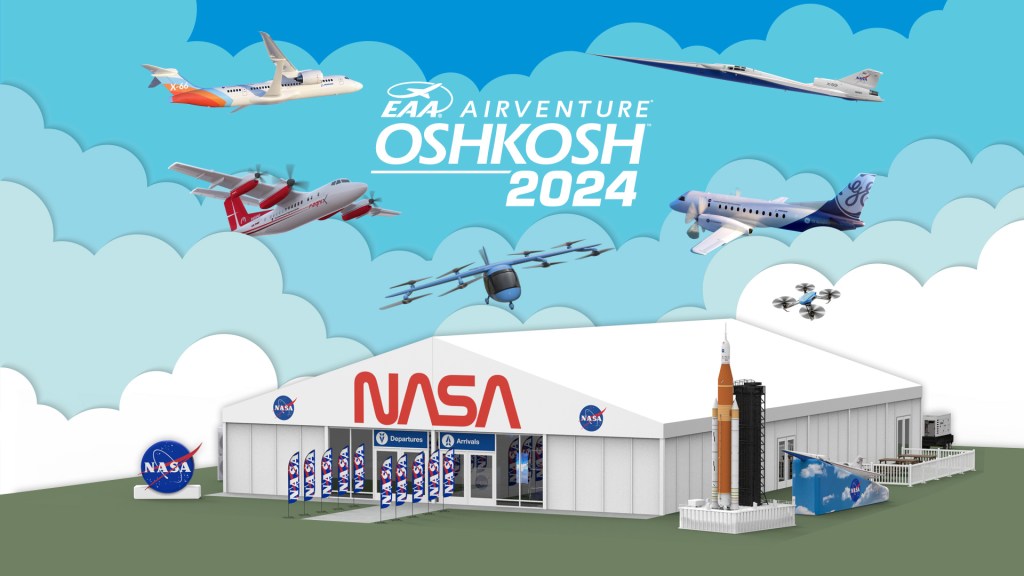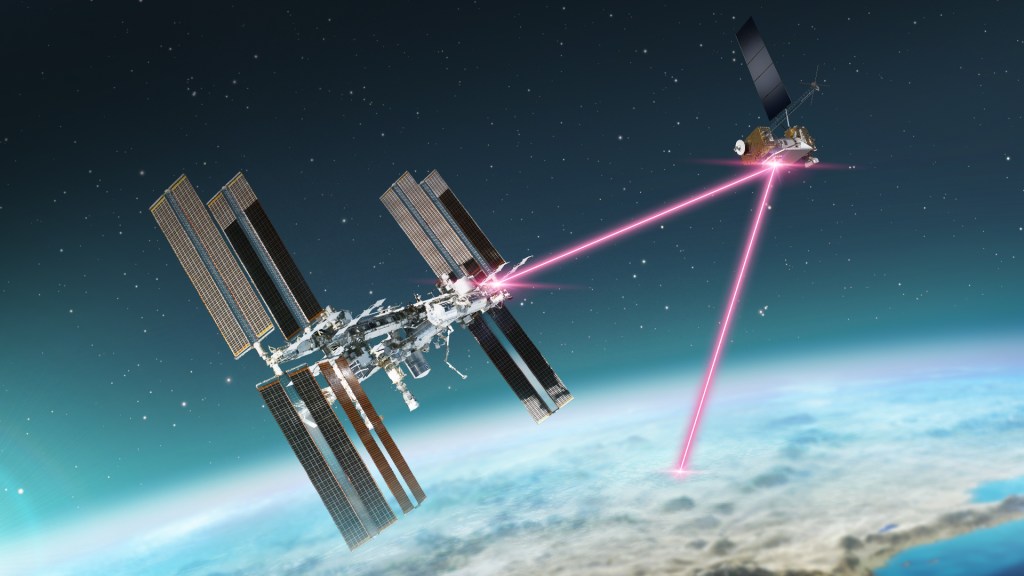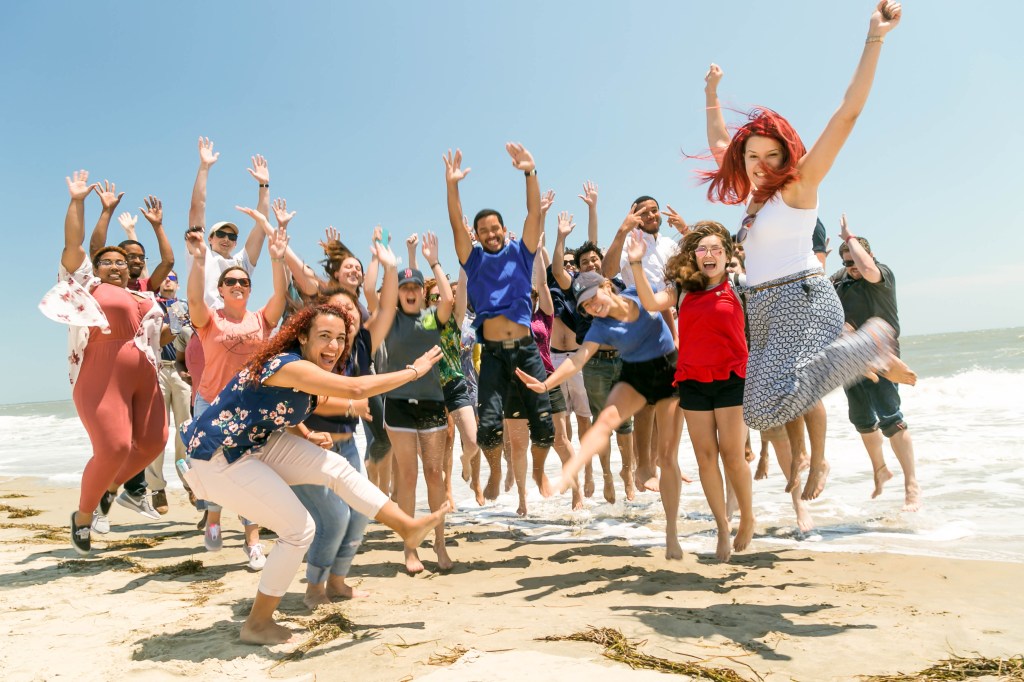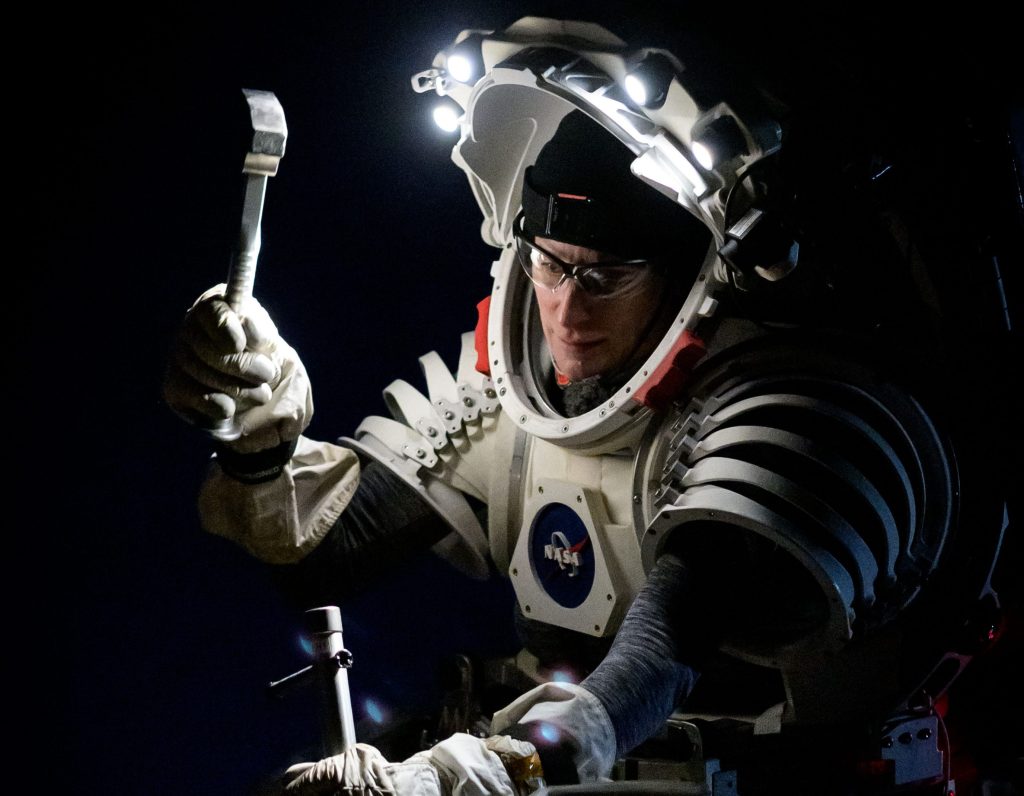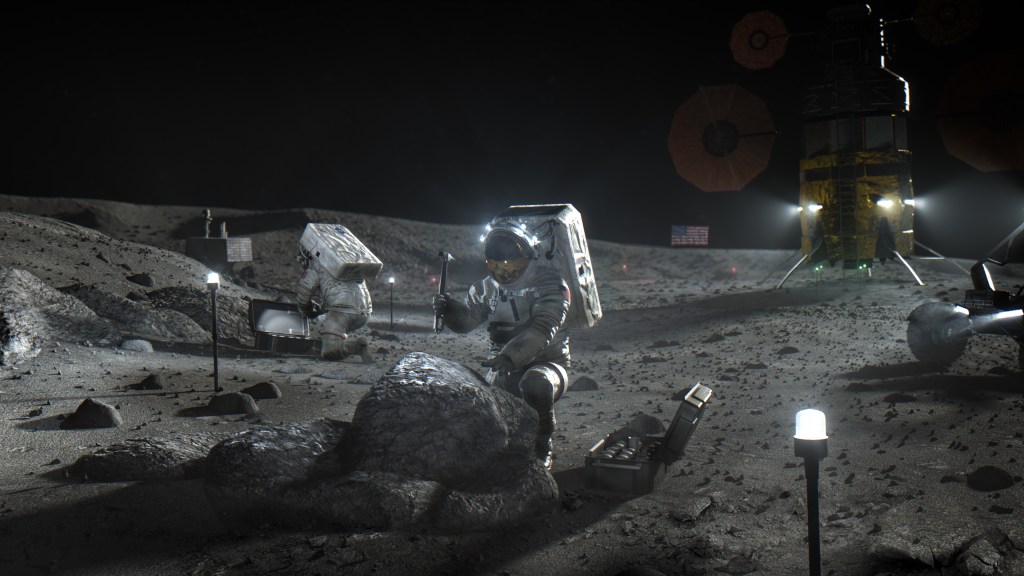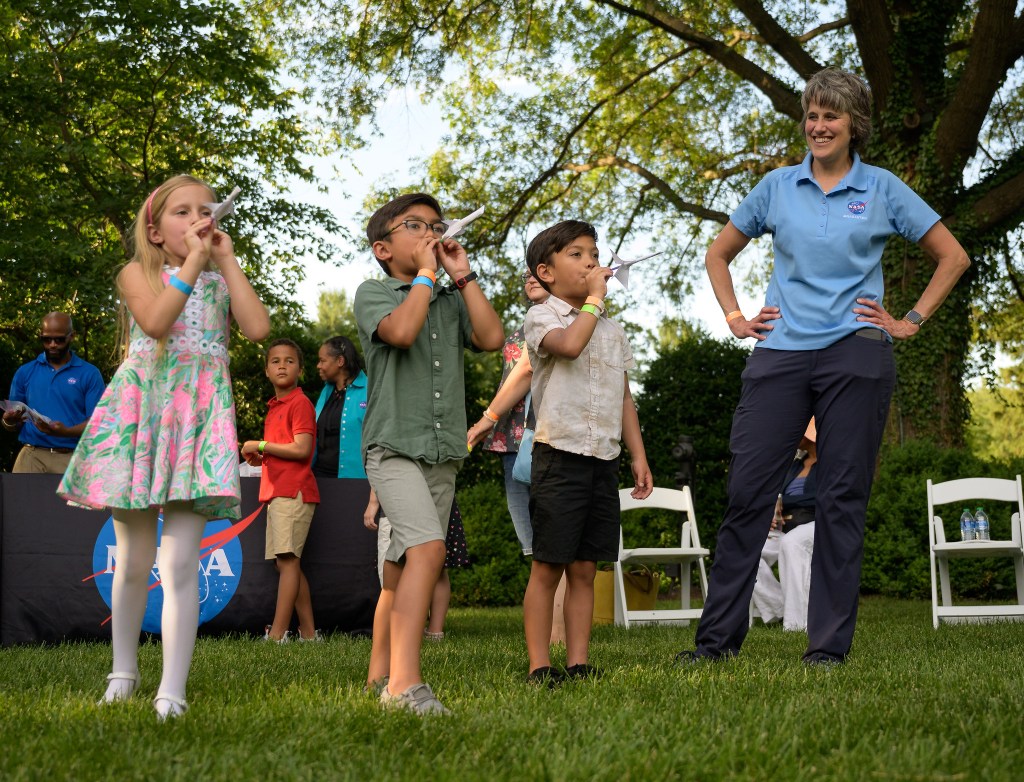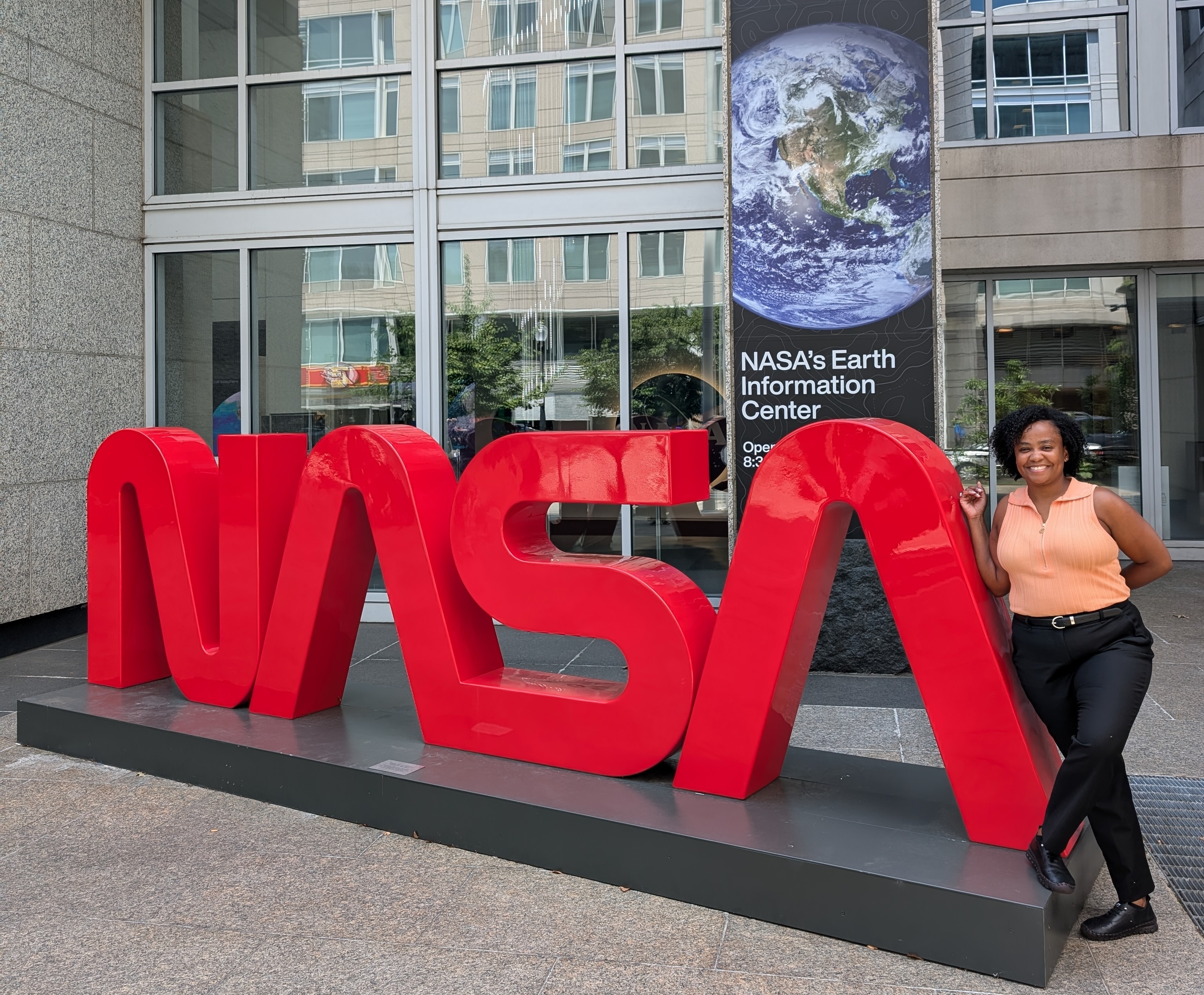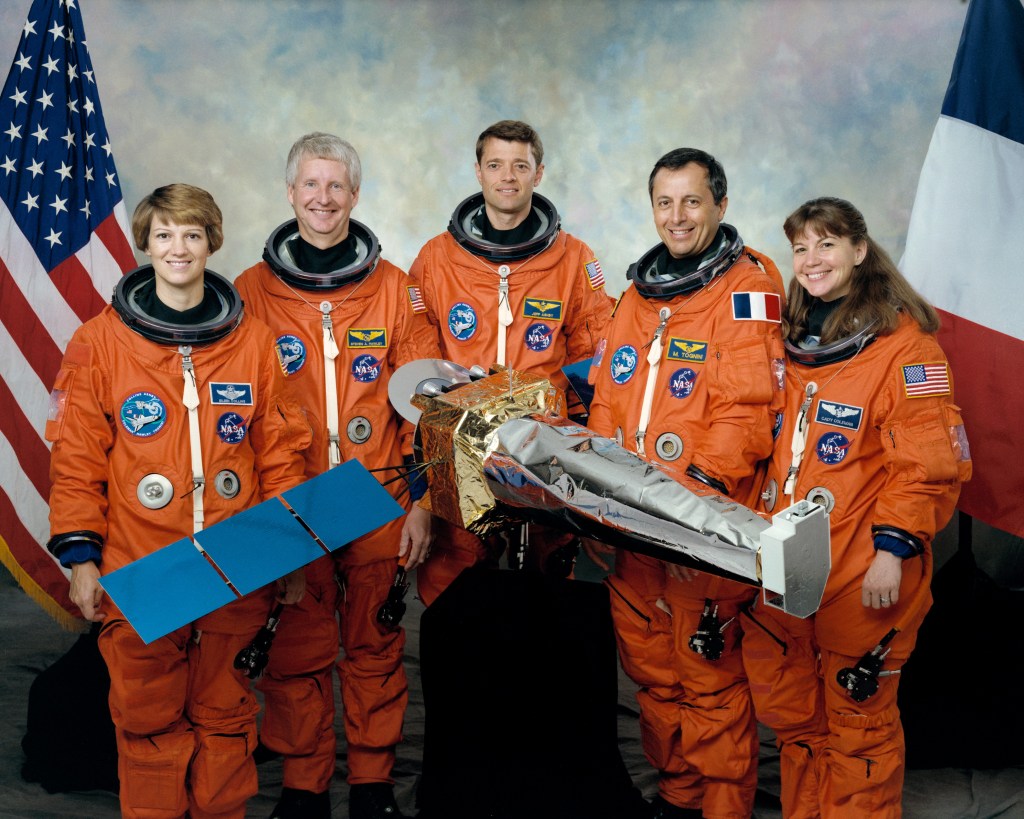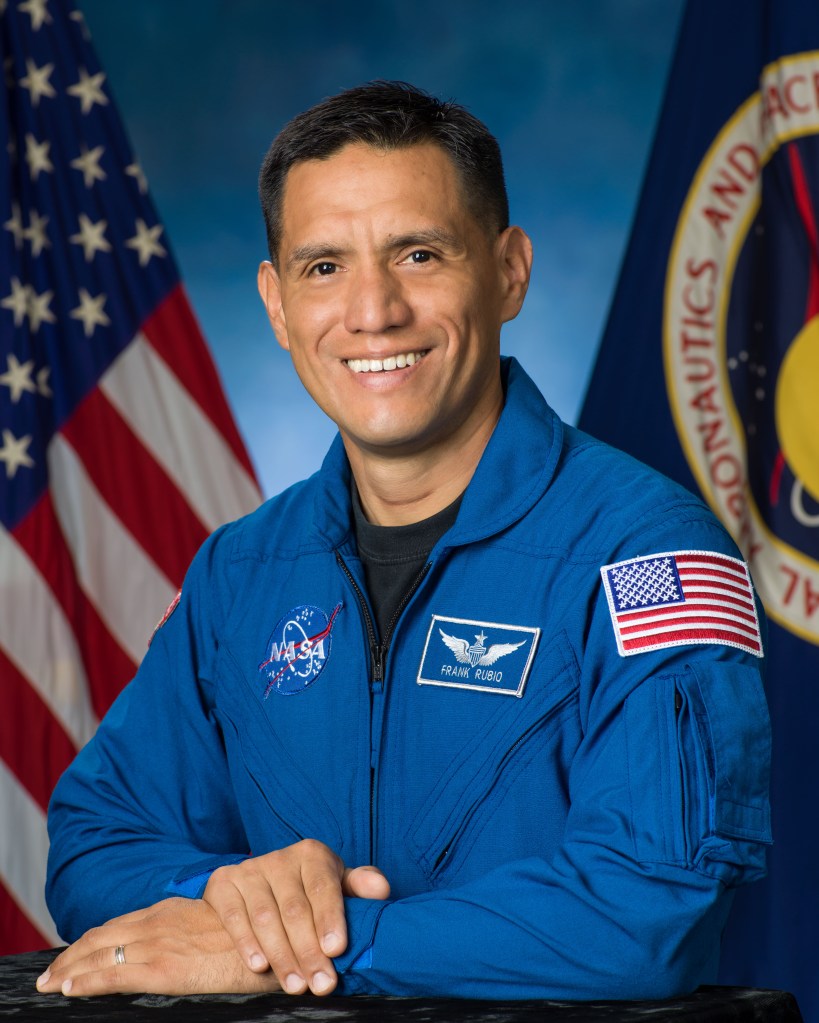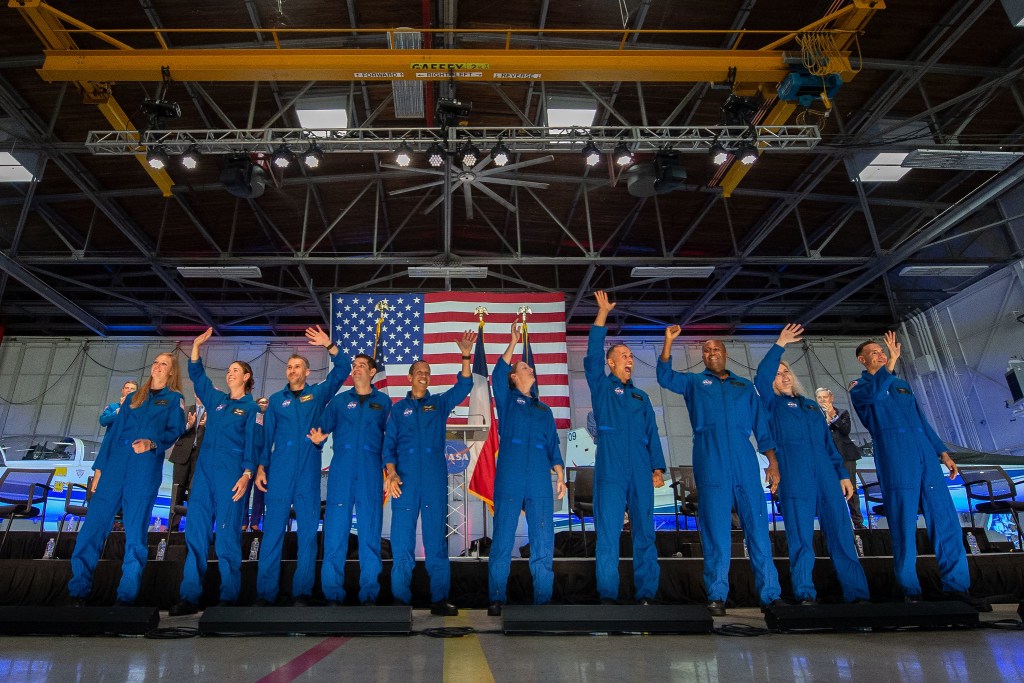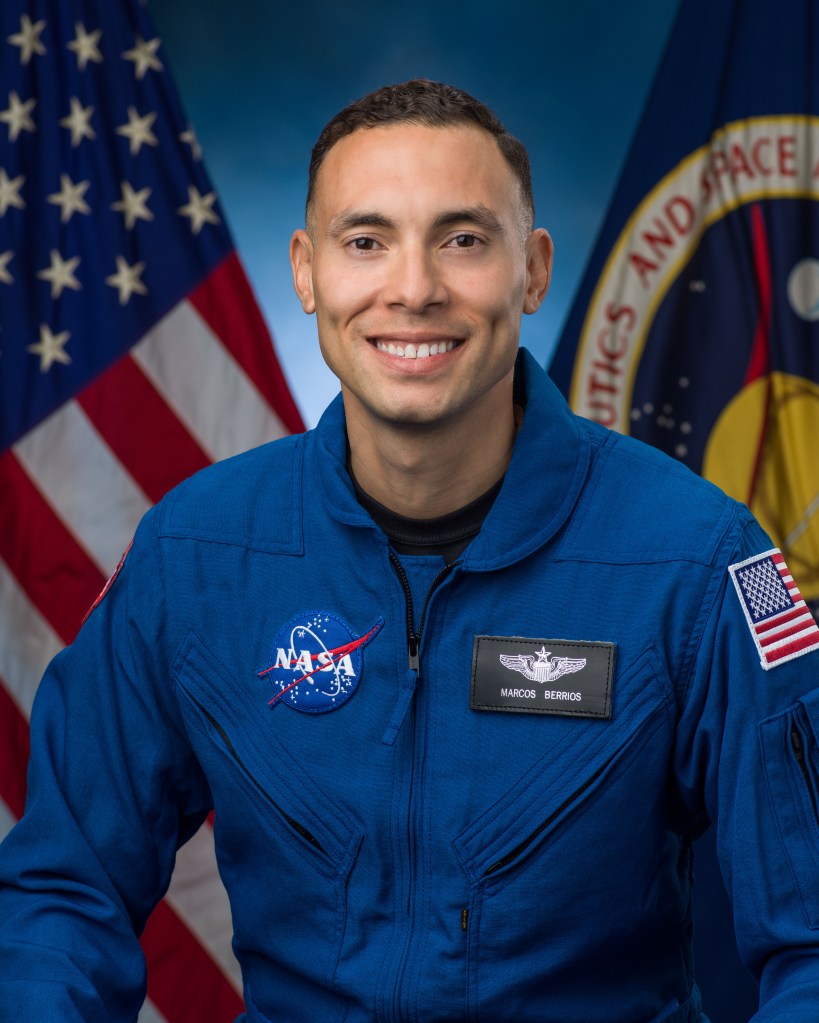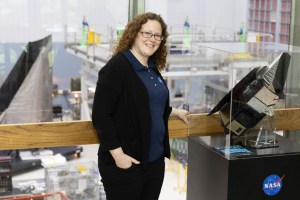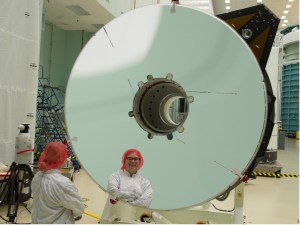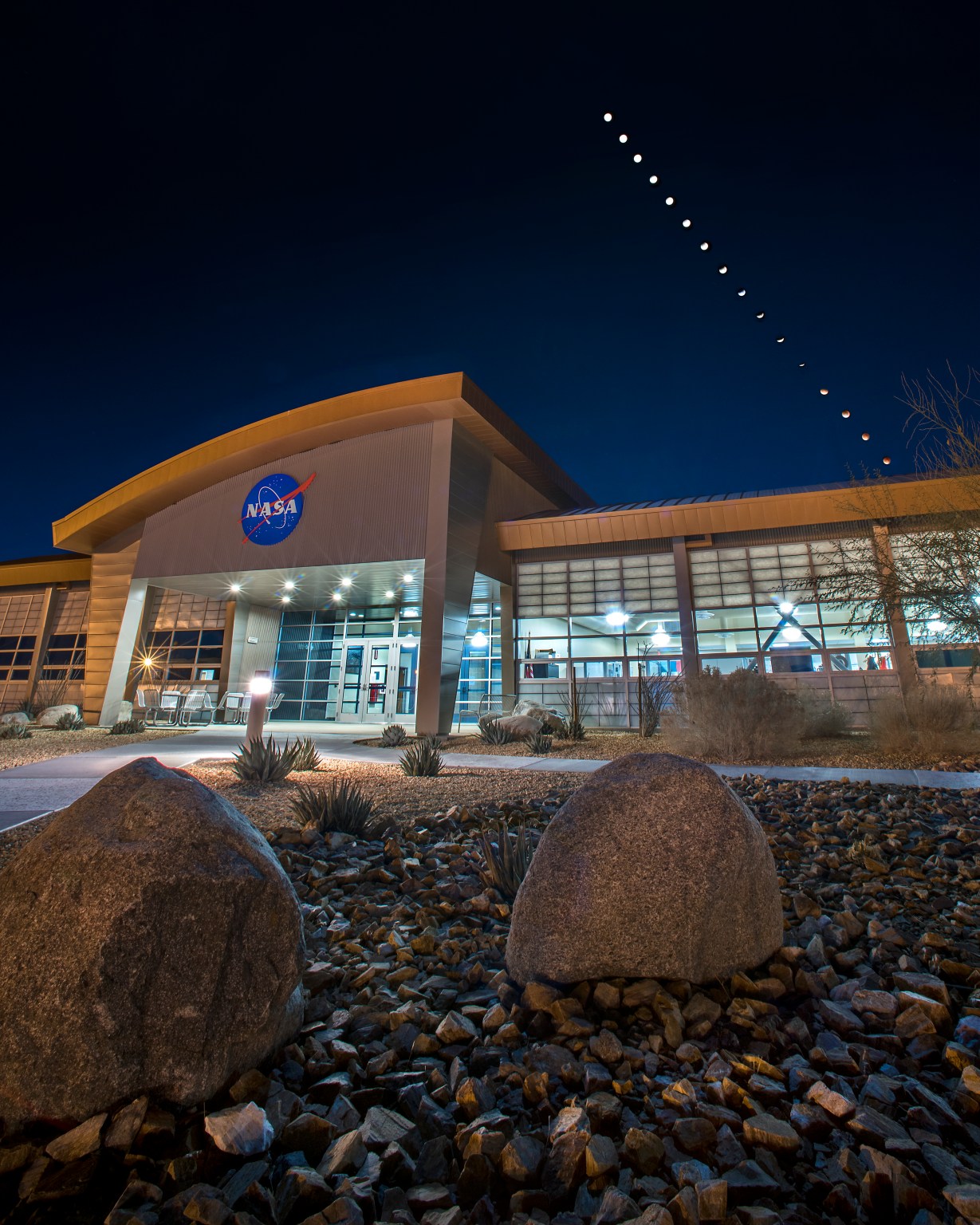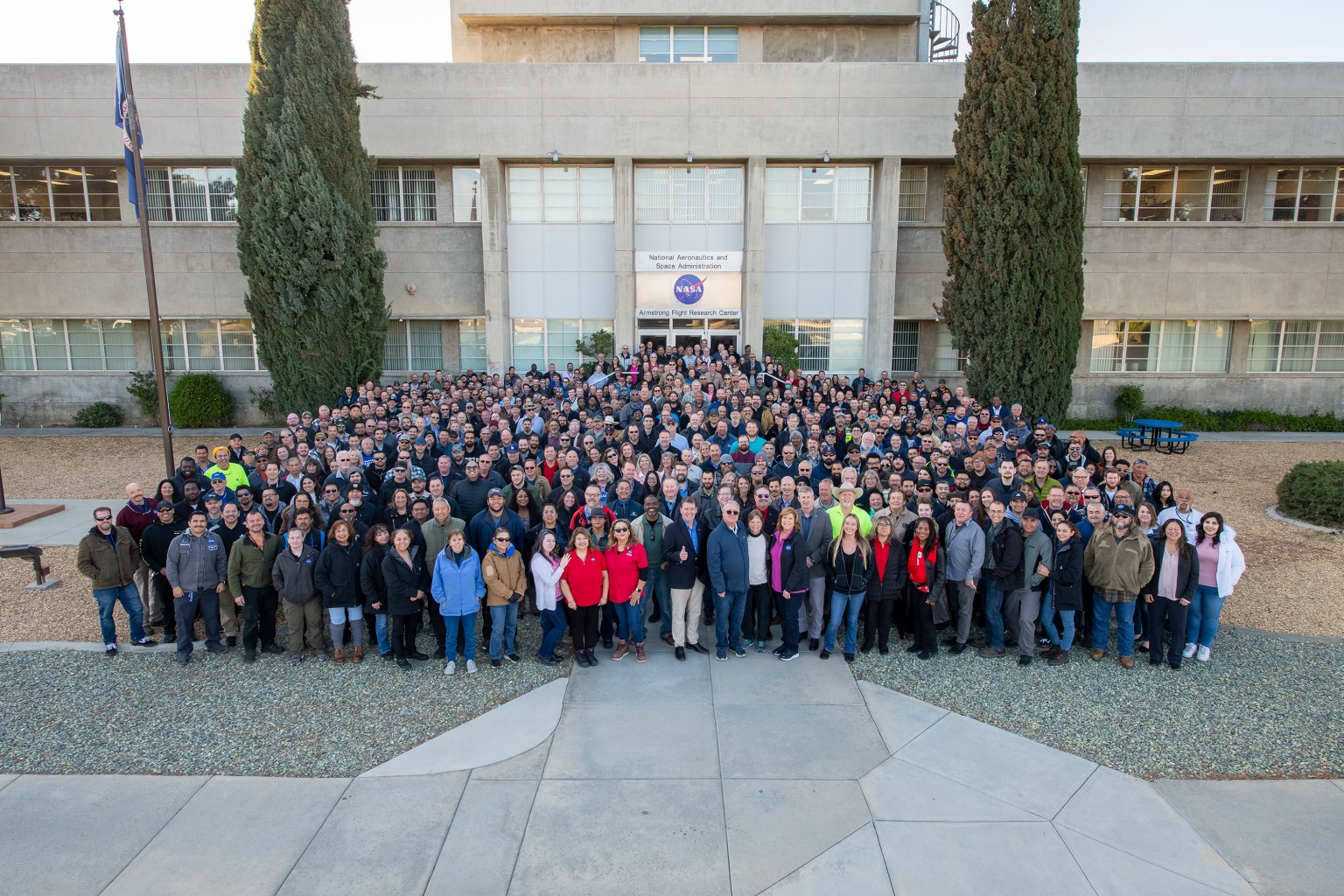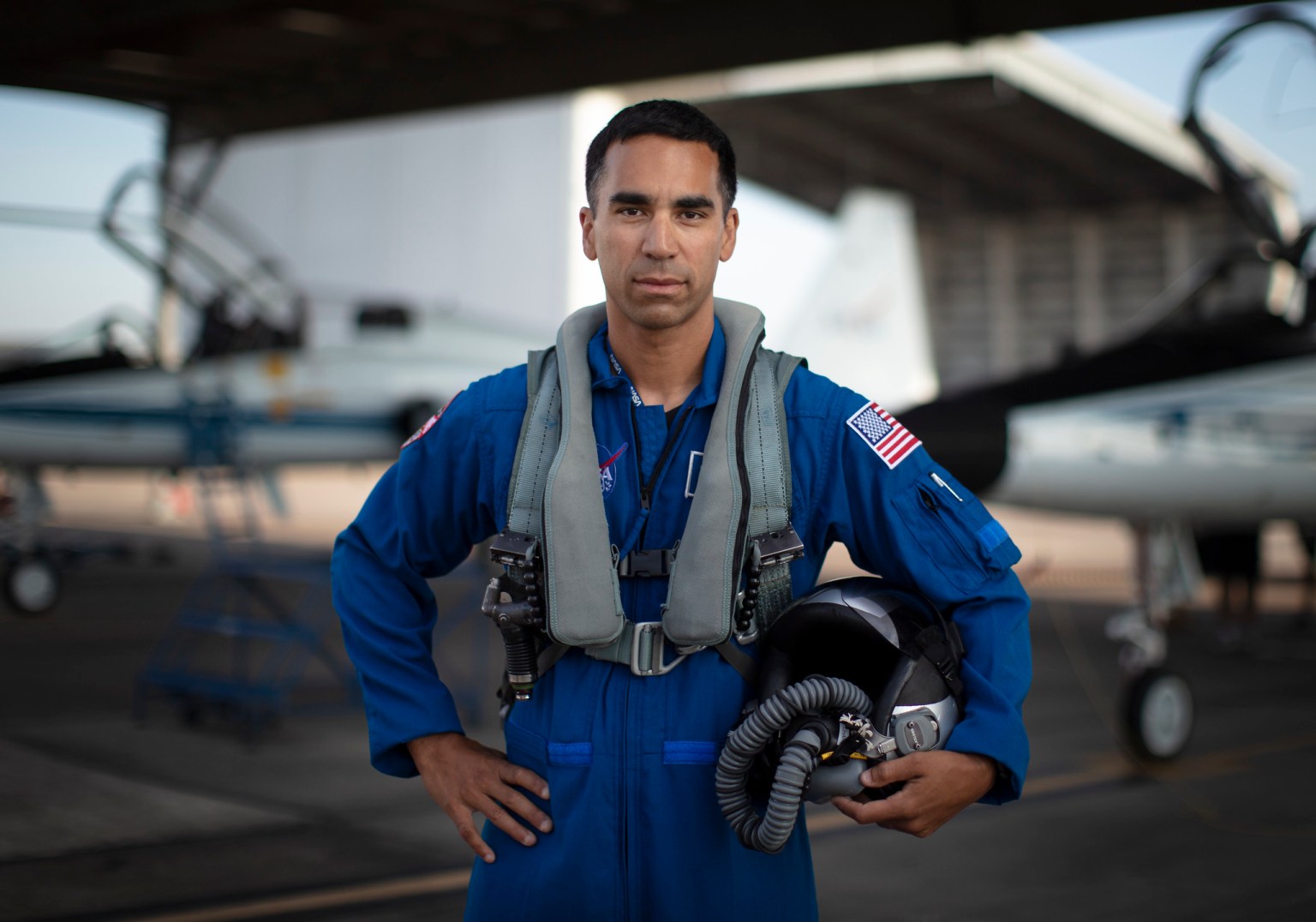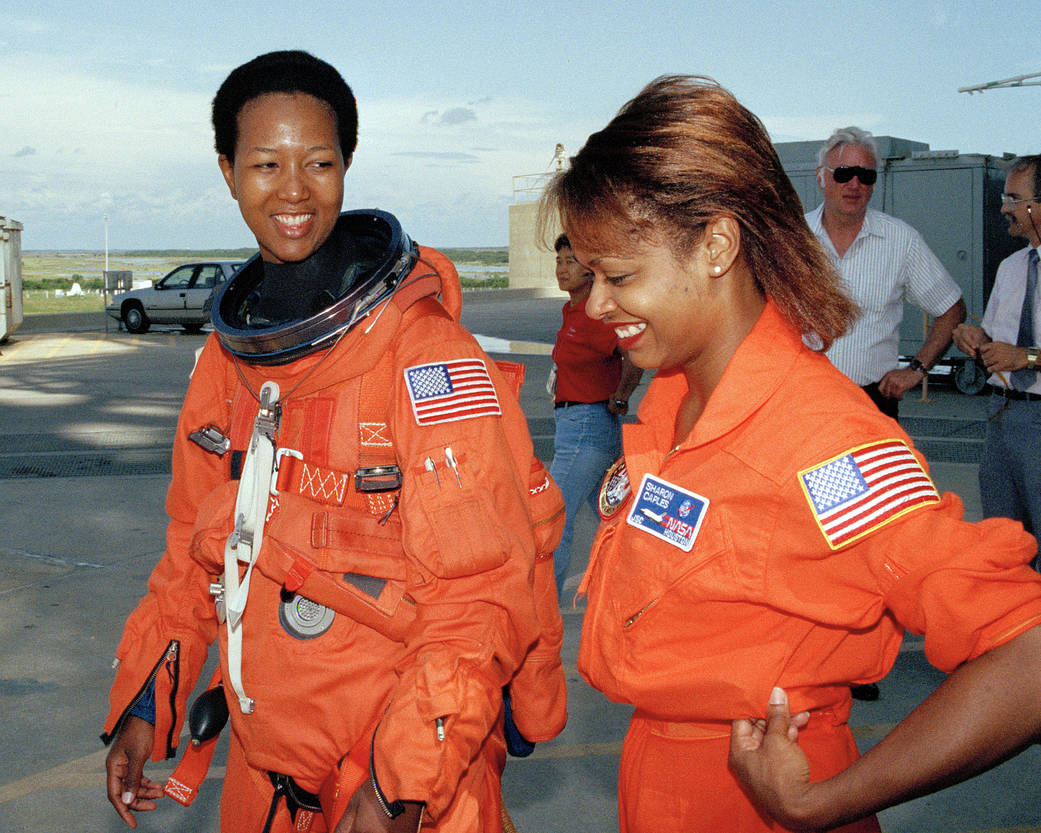We’re celebrating Black History Month by recognizing our employees who are leaving an enduring impact on our agency and humanity.
Tell us briefly about your work for NASA and when you first knew you wanted to join the agency.
I am a technology transfer specialist. In a nutshell, I manage NASA’s intellectual property, mainly patents, finding commercial companies and startups that would be interested in licensing NASA’s patents to turn them into commercial products, like memory foam or baby formula. I actually interned at Dryden, now Armstrong, my junior year of high school in the flight simulation lab as part of the NASA Summer High School Apprenticeship Research Program, also known as SHARP, and it turned out I didn’t want to be a computer engineer, but I ended up being led back to Armstrong for a contractor position in technology transfer.
How has your job shifted due to the global pandemic?
My job hasn’t significantly shifted outside of me not going on site. Most of my work was done behind the computer. The biggest change has been not being able to go to conferences or going to visit the labs of the innovators we support to find out and demo the new things they are developing.
Have you overcome any challenges to get where you are?
I had to overcome several challenges in order to get here. When I was a child, the doctors told my parents that I would never walk straight – I became a track star, won championships and set high school records. Doctors also communicated to my mother that if I had been born with one more birthmark, I would have a neurological disorder, and for the first two years of my life, I had episodic seizures – I ended up in the gifted and talented program and graduated with honors. Both of my parents are formerly incarcerated and so I had to take care of my younger brother very early in my life. I had to grow up very fast. Through all of that though, my family overcame all of it. My parents own and operate their own trucking company now, my brother is a squad leader in the army, and I work at NASA, so anything is possible.
Share with us any role models who inspired you.
My role models are:
- My mom, who has been through so much and has still persevered through it all. Everything the world has thrown at her and she has still made it, despite everything. The tenacity she has displayed and the willingness to make sure that her children have everything they need is what got me to where I am today. I wouldn’t be who I am had it not been for her guidance, love, and lessons.
- My friend Davion, who has done everything under the sun. She graduated from Princeton, worked on Wall Street, became the director of a charter school, joined the navy reserve, got her JD/MBA from Northwestern, and now is a bankruptcy lawyer. She has also traveled to over 60 countries and has always paved the way for what is possible.
- My friend Santoria, who has weathered unimaginable storms. Her strength and courage to keep going and not give up motivates me on so many levels. She is my reminder to be kind and understanding and has taught me the meaning of unconditional love and loyalty.
- My dad, who has taught me so many lessons, and his style of teaching has been so useful throughout my entire life. He has taught me things that I didn’t realize would be useful, like having to calculate the miles per gallon every time we stopped at a gas station. This really helped with my critical thinking and math skills. Thanks, Pop.
Share with us a quote that resonates with you.
“Everything happens for you, not to you.”
“There are no problems, only solutions.”
Explain briefly the importance of education in your upbringing.
Education was paramount to my upbringing, but the application of that education was even greater. Everything that we learned in our household we learned by doing, and I think having that hands-on learning experience was something that allowed me to excel in life.
Do you have any advice for others like yourself who may be contemplating a career at NASA?
Don’t be afraid to apply for positions you may not think you are qualified for. Many times, we have all the tools necessary to get us to where we need to be, we just don’t know it. If there is a career at NASA you want to go after, shadowing or speaking to someone who is already in that position will help you to prepare for what you can expect and even provide you with tips and guidance on what you need to do in order to get there.
Alana Roche’
Armstrong Flight Research Center




